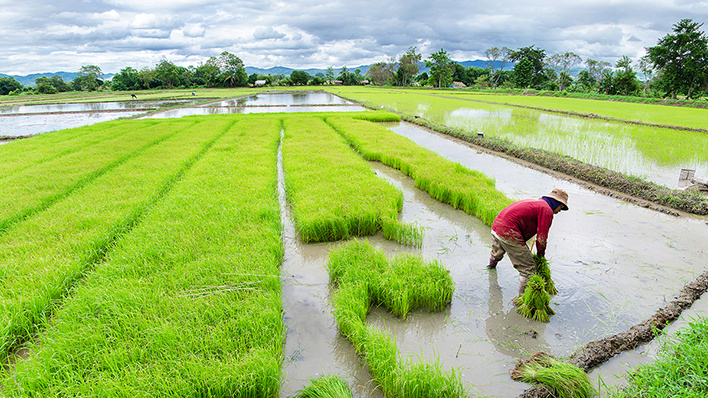
The current process stems from a paper that the WTO G90 group of developing members and least developed country members (LDCs) submitted earlier this year to the Special Session of the Committee. This suggested a series of formal meetings for in-depth discussions on each of the ten Agreement-specific proposals tabled previously in March 2020, to be complemented as necessary by informal meetings and technical workshops.
The proposals seek to strengthen existing flexibilities for developing members, otherwise known as “special and differential treatment”, and to make them more precise, effective and operational so that they may more effectively address development aims of members.
The chair of the Special Session, Ambassador Kadra Ahmed Hassan of Djibouti, announced that Singapore is the first of five WTO members she will be assigning to facilitate negotiations among WTO members. Singapore will conduct informal discussions on the two proposals relating to sanitary and phytosanitary measures (SPS) and technical barriers to trade (TBT) respectively.
According to the G90, TBT and SPS measures together account for 95.2 per cent of members’ non-tariff measures affecting trade. This generates high procedural and compliance costs for developing members to bear given their limited resources and technical capacity, creating barriers to their exports. The G90 group calls for longer time periods for developing members to provide comments on proposed SPS measures, technical regulations or standards; longer time frames for compliance, accompanied by capacity building and technical assistance; and compensatory adjustment support. The objective is to support developing members in safeguarding their exports and maintaining their global market share.
Support for the new submission by the G90 was expressed by a number of members. Some examples of challenges faced by exporters in developing members in complying with SPS and TBT measures were given. Other delegations indicated their readiness to helping developing members find practical solutions to their trade-related challenges. Hearing from experts at workshops, tailoring capacity-building activities to specific needs and using tools such as the eping system were among the suggestions made. It was also suggested that the existing flexibilities in the SPS and TBT agreements could be explored to see how these might address some of the concerns raised by the G90.
Discussions on the G90’s submission concerning the SPS and TBT agreements will continue in informal settings under Singapore’s leadership.
The G90 group aims to make submissions regarding all ten Agreement-specific proposals by the summer, South Africa said, inviting members to sustain the positive attitude which has brought about this new process. In the Outcome Document from the 12th Ministerial Conference (MC12), ministers reaffirmed that the provisions of special and differential treatment for developing members and LDCs form an integral part of the WTO and its agreements. Ministers mandated progress to be reported to the General Council by the 13th Ministerial Conference scheduled to take place in Abu Dhabi in February 2024.
Ambassador Kadra A. Hassan encouraged all members to participate actively and constructively in the upcoming discussions. She indicated that, with the right amount of political will, delegations could find solutions to their respective concerns and challenges and deliver on the mandate from ministers. Another formal meeting of the Special Session will be convened when the G90 group submits the next set of suggestions.
The negotiations taking place in the Special Session of the Committee on Trade and Development are mandated by Paragraph 44 of the 2001 Doha Ministerial Declaration.
More information on special and differential treatment is available here.
Share
Reach us to explore global export and import deals